
Najeeb G. Abdulhamid
Najeeb G. Abdulhamid, PhD, is an Ethnographic Researcher at Microsoft Research Africa in Nairobi, Kenya. He specializes in Human-Computer Interaction (HCI), Computer-Supported Cooperative Work (CSCW), and Crisis Informatics. His current work focuses on Modern Work and AI, leading research into the impact of Generative AI on labor dynamics across Africa. He contributed to Microsoft’s New Future of Work Report 2023 and has served on the program committees for CSCW 2024 and COMPASS 2024.
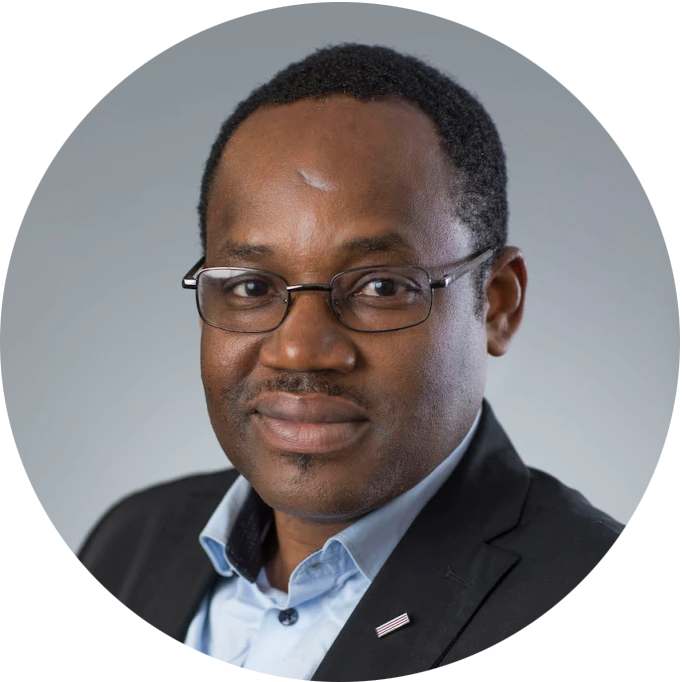
Abiodun Ogunyemi
Abiodun Ogunyemi is a Research Fellow in Digital Transformation and Lifelong Learning at Tallinn University in Estonia. His work focuses on human-centred design, sustainable digital transformation, ethical AI, and conversational agents. With an academic background in Computer Science, Information Systems, and Human-Computer Interaction (HCI), he has contributed to several international communities, including serving on the program committees for AfriCHI (2016, 2018, 2021, 2023, and upcoming 2025), CHI (2022, 2023), and ECCE 2025. He is also an active contributor to the For Development (4D) ACM SIGCHI chapter in Nigeria.
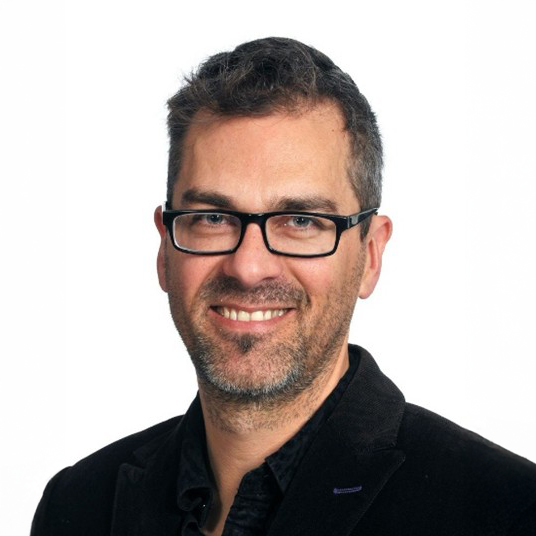
Mark Perry
Mark Perry is a Professor of Human-Computer Interaction at Brunel University London, UK. His research focuses on Computer-Supported Cooperative Work (CSCW), mobility, and financial interaction, with a particular interest in how people engage with technology in everyday life. He has been an active contributor to the African Conference on Human-Computer Interaction (AfriCHI), serving as a committee member in 2016, 2018, 2021, and 2023.
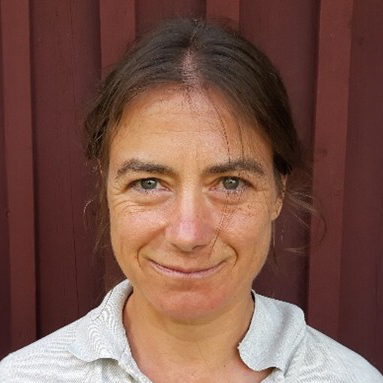
Merja Lina M. Bauters
Merja Lina M. Bauters is a Research Professor in Digital Transformation at the School of Digital Technologies. Her expertise lies in co-design, participatory design, and technology-enhanced learning. She has supervised numerous PhD students, overseen more than 100 bachelor’s theses, and served as an opponent in multiple doctoral defenses. Her research draws on pragmatism, workplace learning, and semiotics, with significant contributions to EU-funded and Erasmus+ projects.

Jona Repishti
Jona Repishti is Associate Director, Global Strategy at Digital Green, leading initiatives to integrate AI into agriculture, empower smallholder farmers, and promote regenerative farming practices. She focuses on designing scalable, data-driven solutions that address climate challenges and enhance productivity across farming communities.
Before joining Digital Green in 2023, Jona advised multinational corporations, foundations, and development institutions on global strategies and programs at the International Center for Research on Women. At MIT D-Lab, she supported innovators scaling market-based solutions for poverty reduction.
Jona holds a bachelor’s degree from Middlebury College and a master’s degree from Princeton University.
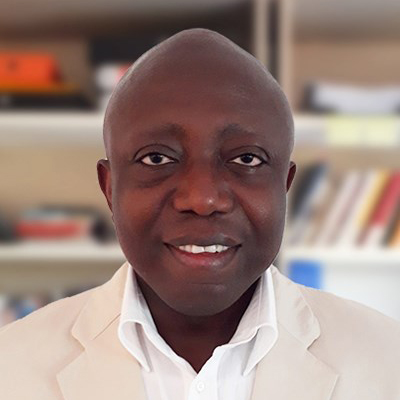
Steven Sam
Steven is an academic and researcher whose work focuses on computing for social good, data ethics and responsible AI, ICTs in society, and Human-Computer Interaction. As the founder and co-leader of Computer Science for Social Good, he has led an interdisciplinary team dedicated to tackling societal challenges through research, innovation and capacity-building. His research aims to develop and evaluate socially and contextually aware technologies that address real-world problems and generate positive societal impacts. Steven has collaborated with academic institutions, industry stakeholders, development agencies and government bodies on innovative research projects across healthcare, agriculture, food systems and education, particularly in African contexts. He has methodological expertise in ethnography, participatory human-centred design and usability studies within resource-constrained environments. Beyond academia, Steven is an experienced consultant who advises organisations on the ethical design and responsible deployment of AI and data-driven technologies. His consultancy work spans ethical impact assessments, risk mitigation strategies, regulatory compliance, human-centred design, policy development and stakeholder training.
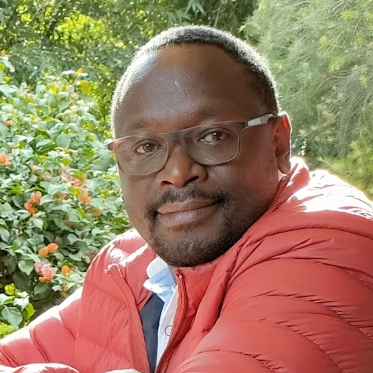
Samuel Chege Maina
Samuel Chege Maina is a Senior Research Scientist at the Microsoft Research Africa Lab in Nairobi, Kenya. His research is dedicated to harnessing science and innovation to forge a positive impact on the society. Samuel is deeply dedicated to creating and implementing innovative technologies that address critical sustainability challenges and societal needs, striving to foster environmental stewardship, support inclusive economic growth, and safeguard vital natural resources for future generations. His current work focusses on the application of AI and General AI (GenAI) to address complex societal problems.

Millicent Ochieng
Millicent Ochieng is a Research Scientist at the Microsoft Research Africa, Nairobi. Her work focuses on Generative AI, large language models (LLMs), and the development of equitable NLP systems for underrepresented languages and communities. Her research explores the intersection of multilingual NLP, reasoning, safety, and cultural alignment in low-resource settings.
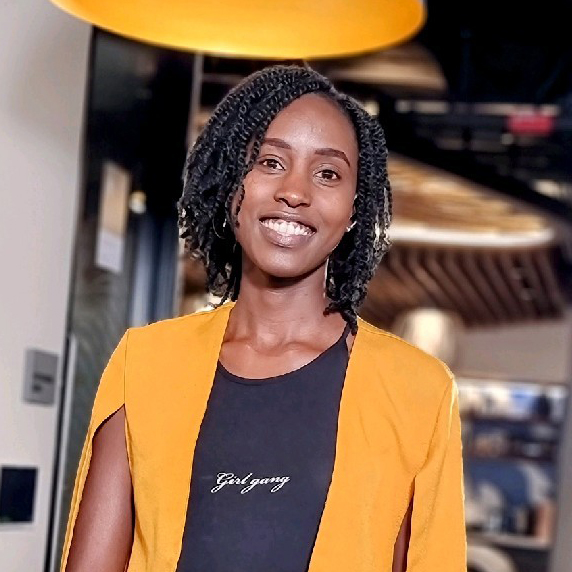
Mercy Muchai
Mercy Muchai is a Research Engineer at the Microsoft Research Africa, Nairobi Lab. She guides the end-to-end AI/ML engineering processes within the Nairobi Lab. She is passionate about driving innovation that is inclusive toward Equitable technology reach. Her current work looks at the Future of Work in Africa and the Global majority and how to leverage Generative AI to advance these futures.

Stephanie Nyairo
Stephanie Nyairo is a Product Designer at Microsoft Research Africa in Nairobi, Kenya. She works at the intersection of design and technology to create user-centric products, with a focus on addressing challenges and enhancing experiences for diverse communities across Kenya and the African continent.
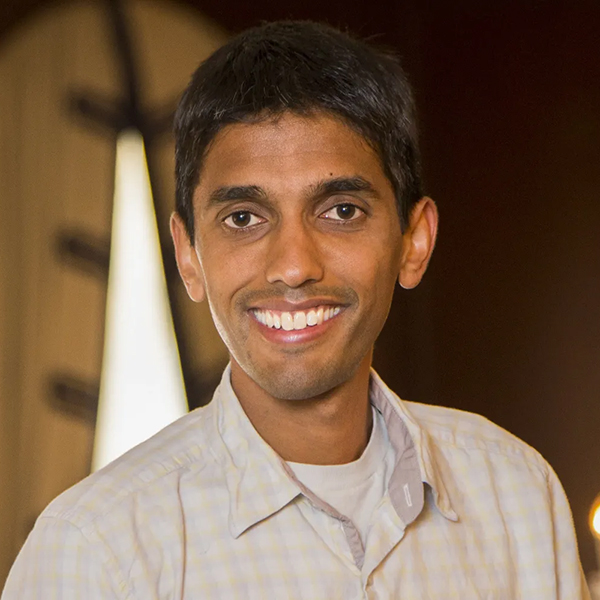
Rikin Gandhi
Rikin Gandhi, CEO, Digital Green. Rikin co-founded Digital Green as a research project on Microsoft Research India’s Technology for Emerging Markets team. With a Master’s degree in Aeronautical and Astronautical Space Engineering from Massachusetts Institute of Technology, and a Bachelor’s in Computer Science from Carnegie Mellon University, Rikin began his career at Oracle, researching and productizing a linguistic-based search system for text retrieval that used phonetic similarity and entity extraction for document matching, receiving two patents for the work. He has been honored as a TED Fellow, Ashoka Fellow, and won numerous awards from MIT Technology Review TR35 and the Stockholm Challenge, among others.
Combining a user-friendly, AI-powered platform with grassroots expertise, Digital Green is now a global development organization providing small-scale farmers, the producers of much of the world’s food, with digital solutions that benefit their lives, work and communities. Digital Green began serving farmers alongside our government and other partners in 2008 and has now reached over 8.2 million smallholder farmers across India, Ethiopia, Kenya, Nigeria, and more than a dozen other countries. Digital Green’s pioneering AI technology is empowering farmers, especially women, to increase their productivity, incomes and climate-resilience at just a fraction of the cost of conventional solutions.
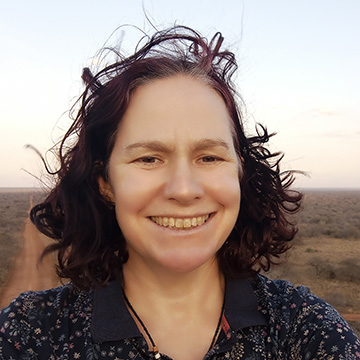
Jacki O’Neill
Dr. Jacki O’Neill is the founding Lab Director of Microsoft Research Africa, Nairobi (formerly MARI). She is passionate about designing technologies which enhance agency, improve working life and contribute to sustainable futures. She brings this passion to Microsoft Research Africa where she leads a multi-disciplinary team, combining research, engineering and design to solve local problems globally.
MSR Africa is pursuing an ambitious research agenda to create Globally Equitable Generative AI. This involves building culturally and linguistically sensitive AI tools and platforms and requires foundational innovation in NLP and African languages, resource constrained computing, Generative models and Human-Computer Interaction (HCI). MSR Africa aims to drive innovation in order to make the best possible technologies for work, health and society.
An ethnographer by trade, and a committed researcher of the socio-technical, her focus is primarily on technologies for work – with the aim of making work better. Dr. Jacki has led major research projects in AI, the future of work, including new labour platforms and gig work, financial inclusion and global healthcare. She has >50 peer-reviewed articles, two innovation awards and 16 patents, and is a British Computer Society fellow. She has served on the program and organising committees of major conferences such as CHI, CSCW, ICTD and ECSCW for many years. Outside of work her passions include running, hiking and camping.
